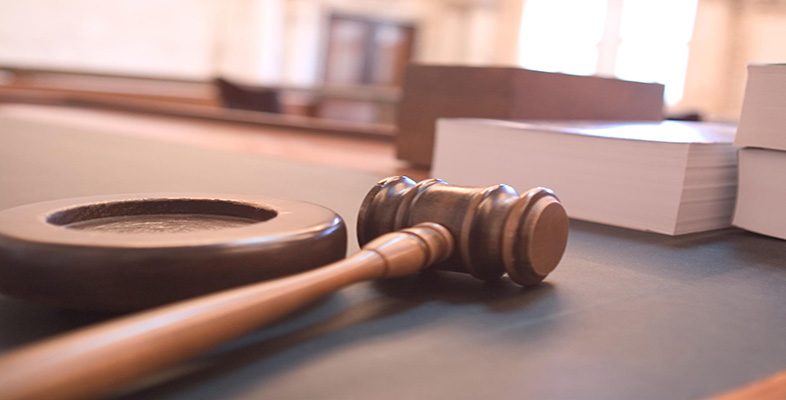3.2 What are rights?
The modern discourse of universal human rights has a number of features. The idea that everyone, everywhere has rights refers to the concept that there are certain entitlements justifiably owed to all individuals by virtue of certain features that all human beings have in common. As the nineteenth-century French politician and historian Alexis de Tocqueville put it, the idea of rights ‘removes from any request its supplicant character, and places the one who claims it on the same level as the one who grants it’.
Rights: a definition
A right is a justifiable entitlement to something (the object of the right), by virtue of the possession of a relevant attribute, against an agent or agents with the corresponding obligation to meet that entitlement.
The justification for (universal) human rights is essentially twofold:
First, the ground for a basic moral equality among people is identified. This may differ from one formulation to another, but all refer to some notion of a shared human capacity for moral agency, and to the idea that such agents should not be treated merely as ends.
Second, human rights specify the general preconditions for exercising moral agency over a lifetime. These preconditions have been variously described – physical security, material means of subsistence, development of capacities, enjoyment of liberties, and so forth. These necessary preconditions for the exercise of moral agency form the basis of human rights. The idea of human rights is designed to advance core values associated with basic needs, interests and liberties relating to what it is to be human and live a human life.
Rights are claims to something, say, ‘to life, liberty and security of person’ (Article 3 of the UN's Universal Declaration of Human Rights) and as such presuppose corresponding duties or obligations on the part of others if they are to be effectively realised. Henry Shue (1980) has argued that there are, in fact, different kinds of duties which are needed to make rights claims effective. There is a duty of avoidance, to avoid depriving people of some necessary precondition for exercising moral agency; a duty of protection, to protect people from such deprivation; and a duty of aid, to assist people who have been so deprived. Individuals and states can owe such duties, and they can be assigned in more or less general or specific terms. Thus, individuals may have a general duty to avoid depriving others, specific duties to some (parents to children, for example), while the state may have a general duty to protect and to aid.
Therefore, universal rights do not presuppose universal duties; there can be a division of labour on the side of duties. For instance, the International Covenant on Economic, Social and Cultural Rights recognises that ‘it is governments that have the overarching duty to ensure a division of labour in the matter of positive duties, and one that is appropriate to their own societies and sufficient to ensure that the rights are effectively secured’ (Beetham, 1999, p. 128).
In the modern world, rights claims are most often made against other individuals and against the political community comprising those individuals, that is, against the state. Now, while the state can be seen as a powerfully benign institution in acting to protect, enable and indeed to foster rights claims, the idea of moral rights also defines the fundamental inviolability of persons who need to be protected against state interference. So, the state can be seen in two, contradictory, guises – as both the protector of rights and as the body claiming to override individual rights.
